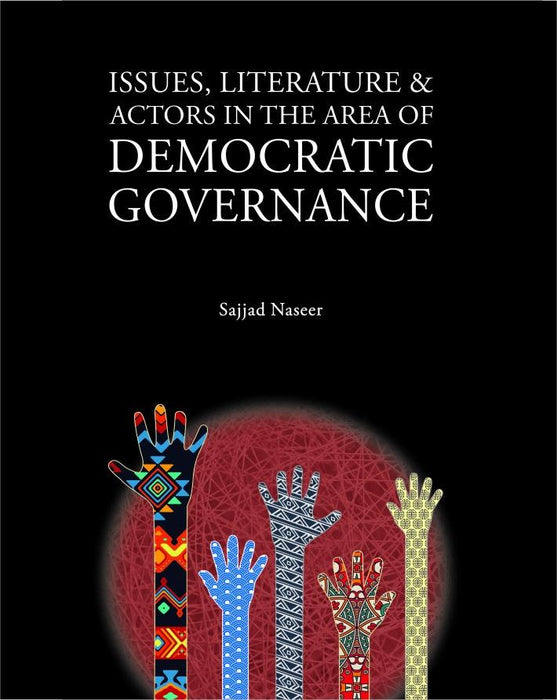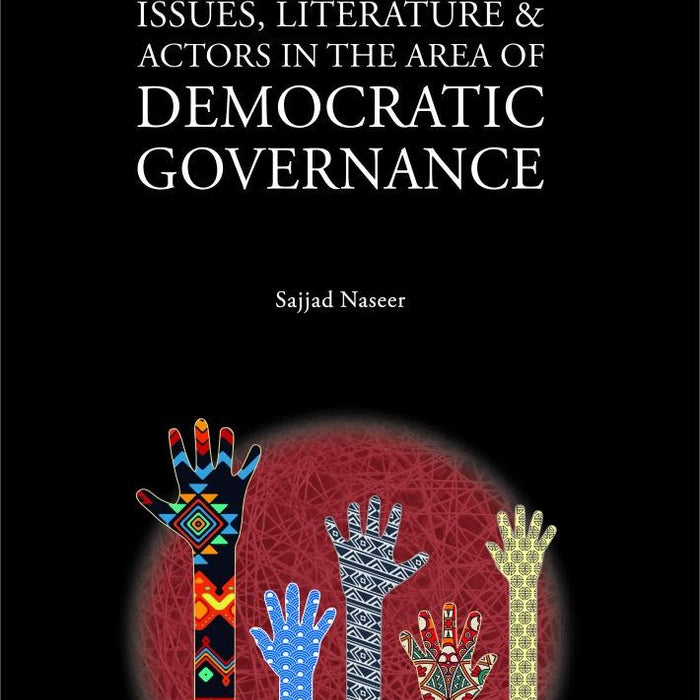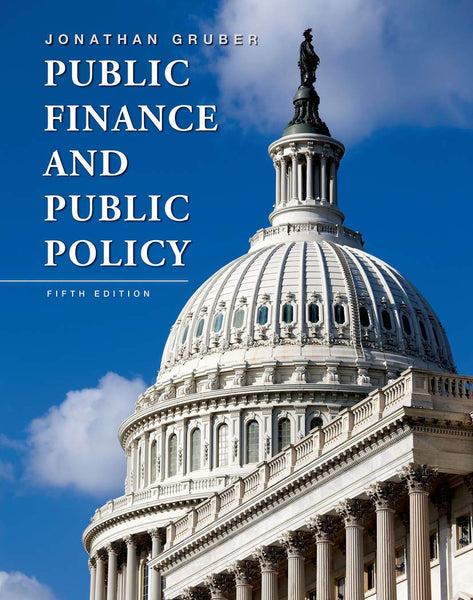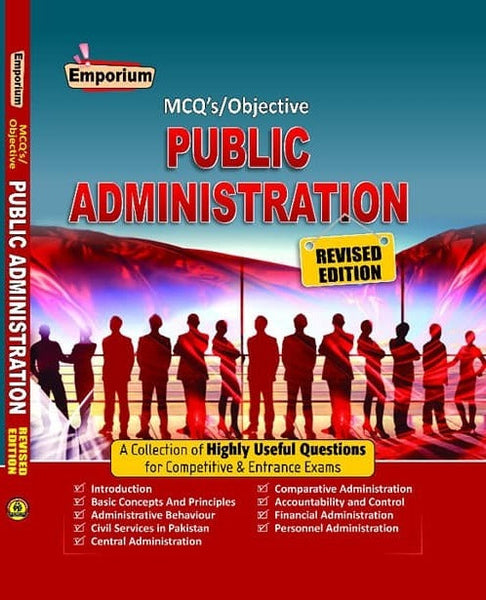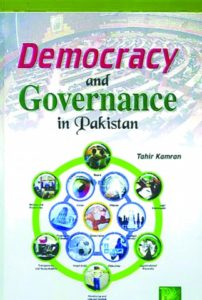Democratic Governance By Sajjad Naseer
- Publisher: POLITICAL SCIENCE
- Availability: In Stock
- SKU: 26035
Rs.540.00
Rs.725.00
Tags: affordable prices , best books , best books online , best online store , Best Price , best prices , Best Selling Books , best shop , Book Shop , Book shopping , bookshop , bookshop Multan , bookshop near me , bookshop online , bookshop online Multan , bookshopPakistan , BUY ONLINE , buy online books , citizen engagement , civil society organizations , comparative politics , Convenient Shopping , corruption , democratic accountability , democratic challenges , democratic citizenship , democratic culture , democratic decision-making , democratic governance , democratic governance models , democratic institutions , democratic leadership , democratic norms , democratic participation , democratic practices , democratic principles , democratic processes , democratic reforms , democratic resilience , democratic stability , democratic theory , democratic transitions , democratic values , digital shopping , economic inequality , electoral processes , good books , good books online , good booksonline , governance mechanisms , government accountability , governments , information dissemination , institutional design , international institutions , international organizations , Internet Shop , Largest Online Bookstore in Pakistan , latest books online , media integrity , one stop shop , online , Online Book Shop , ONLINE BOOKS , Online Books Shop , online books store , Online Bookshop , Online Bookshop Pakistan , online bookstore , online shop , online shopping , Online Shopping Pakistan , onlinebooks , OnlineShoppingPakistan , Pakistan Bookshop , PakistanBookshop , PakistanOnlineShopping , participation , price cut , price-friendly Comprehensive , ReasonablePrice , reduced price , secure shopping , Shopping , ShopSmartPakistan , Virtual Shop
Democratic governance is a complex field encompassing the mechanisms, processes, and institutions through which societies manage their affairs democratically. It involves ensuring accountability, transparency, participation, and the rule of law, all fundamental to a functioning democracy. Key challenges include safeguarding democratic institutions from erosion, addressing inequalities in political participation, and adapting to technological advancements that influence democratic processes. Understanding these issues requires exploring a diverse literature that ranges from political theory and comparative politics to studies on institutional design and democratic transitions.
Key Points:
1. Accountability and Transparency Accountability and transparency are cornerstones of democratic governance, ensuring that those in power are answerable to the public and decisions are made in an open manner.
2. Participation and Inclusiveness Democratic governance thrives on broad-based participation and inclusiveness, involving diverse segments of society in decision-making processes.
3. Rule of Law Upholding the rule of law ensures that governance is based on established legal frameworks and that all individuals, including those in power, are subject to the law.
4. Challenges to Democratic Institutions Democratic institutions face challenges such as corruption, authoritarian tendencies, and external pressures that threaten their independence and effectiveness.
5. Technological Impact Technological advancements pose both opportunities and challenges to democratic governance, affecting areas such as electoral processes, information dissemination, and civic engagement.
6. Civil Society's Role Civil society organizations play a crucial role in promoting democratic values, advocating for reforms, and holding governments accountable to the public.
7. International Actors and Institutions International organizations and actors contribute to democratic governance through support for democratic transitions, providing technical assistance, and promoting democratic norms globally.
8. Media and Information Integrity The media's role in providing accurate information and fostering public discourse is essential for informed decision-making and holding power to account.
9. Economic Inequality and Political Participation Addressing economic disparities is crucial for ensuring equitable political participation and preventing the marginalization of certain groups in democratic processes.
10. Democratic Resilience and Adaptation Building resilience in democratic institutions involves continuous adaptation to new challenges and ensuring they remain responsive to the needs and aspirations of the people they serve.
In conclusion, democratic governance is not only about the formal structures of government but also about fostering a culture of participation, accountability, and inclusivity. Understanding the complexities and dynamics of democratic governance requires considering a wide range of factors, from institutional design to societal norms and international influences. By addressing challenges and leveraging opportunities, societies can strengthen their democratic foundations and promote sustainable development and prosperity for all.
════ ⋆★⋆ ════
Writer ✤ Sajjad Naseer

